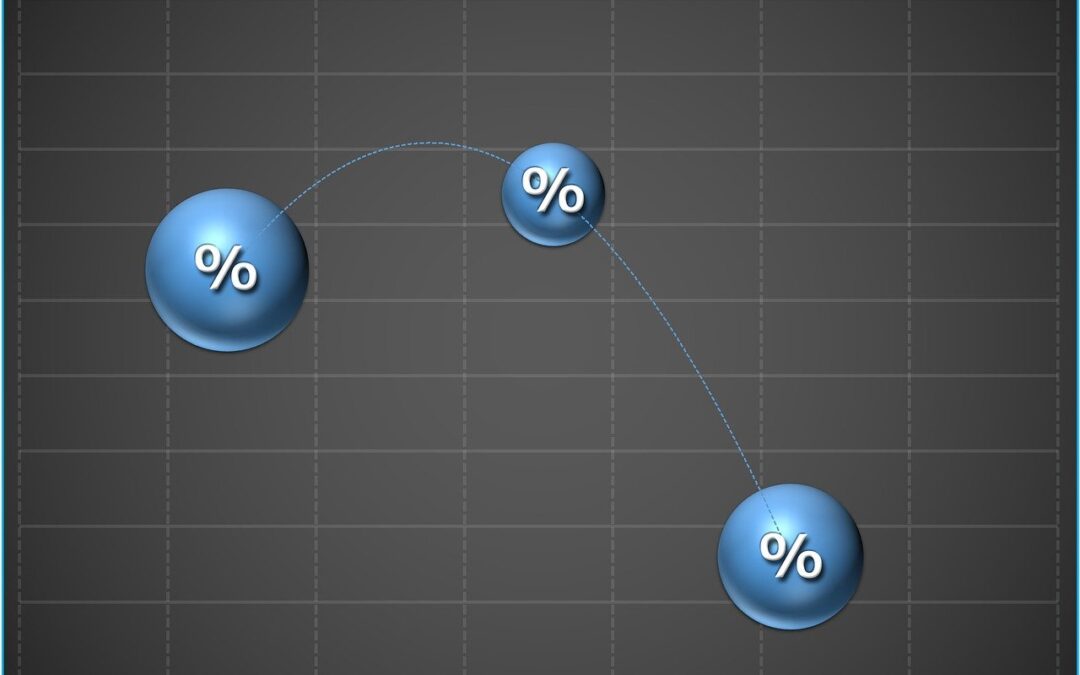Negative Taxable Bases (BINs) are the result of the accumulation of losses from previous years that can be offset in subsequent tax periods without any time limit. Therefore, losses from previous years that have not yet been offset are known as negative taxable base. However, these are subject to a number of quantitative limitations:
- The amount of the BINs may not exceed the amount of the positive income determined for it
- A maximum limit is established with respect to the taxable income prior to the application of the capitalization reserve, which, in no case, may exceed one million euros:
| Turnover | Limit % of compensation |
| Less than 20 Million Euros | 70% |
| ≥ 20M euros y < 60M euros | 50% |
| ≥ 60M euros | 25% |
This limit does not apply to newly created legal entities subject to the 15% tax rate in the first three tax periods in which a tax base is generated prior to offsetting, either to those companies in which the tax base is generated but they are at that time extinguished.
The tax authorities have the right to initiate the procedure to check BINs within a period of 10 years from the day after the deadline for filing the tax declaration or self-assessment corresponding to the tax period in which the negative tax base is generated.
It may be the case that, once the tax declaration has been filed, we realize that the BINs have not been included and, as a result, the taxpayer has to bear a higher tax burden.
It may be the case that, once the return has been filed, we realize that the BINs have not been included and, as a result, the taxpayer has to bear a higher tax burden.
Until recently, the Tax Agency considered the offsetting of BINs as a tax option, so that if the taxpayer did not exercise this option, one could not request the rectification of the tax declaration at a later date.
However, this interpretation has taken a radical turn with the ruling of the Spanish High Court no. 3998/2020 of 11 December 2020, and more recently with the ruling of the Supreme Court 1404/2020 of 30 November 2021.
In this last court decision considers that the compensation of BINs in the corporate taxation has a dual dimension: on the one hand, it is configured as a true right of the taxpayer and, on the other, it serves the constitutional principle of economic capacity (art. 21 EC) as a principle of organization of the tax system. Ultimately, the offsetting of BINs is a true autonomous right that the taxpayer may exercise or not, or even renounce, and as such right does not admit any restriction, except through the causes exhaustively provided for in the law, and it is not possible to prevent the exercise of a right through an extemporaneous declaration by means of interpretation.
Consequently, the Courts have determined that corporate income taxpayers have the right to offset tax losses against taxable income in subsequent tax periods, even when the tax declaration is filed out of time, without the decision to compensate them or not constituting a tax option of the kind regulated in art. 119.3 of the General Tax Law.
Roberto Cerrato

